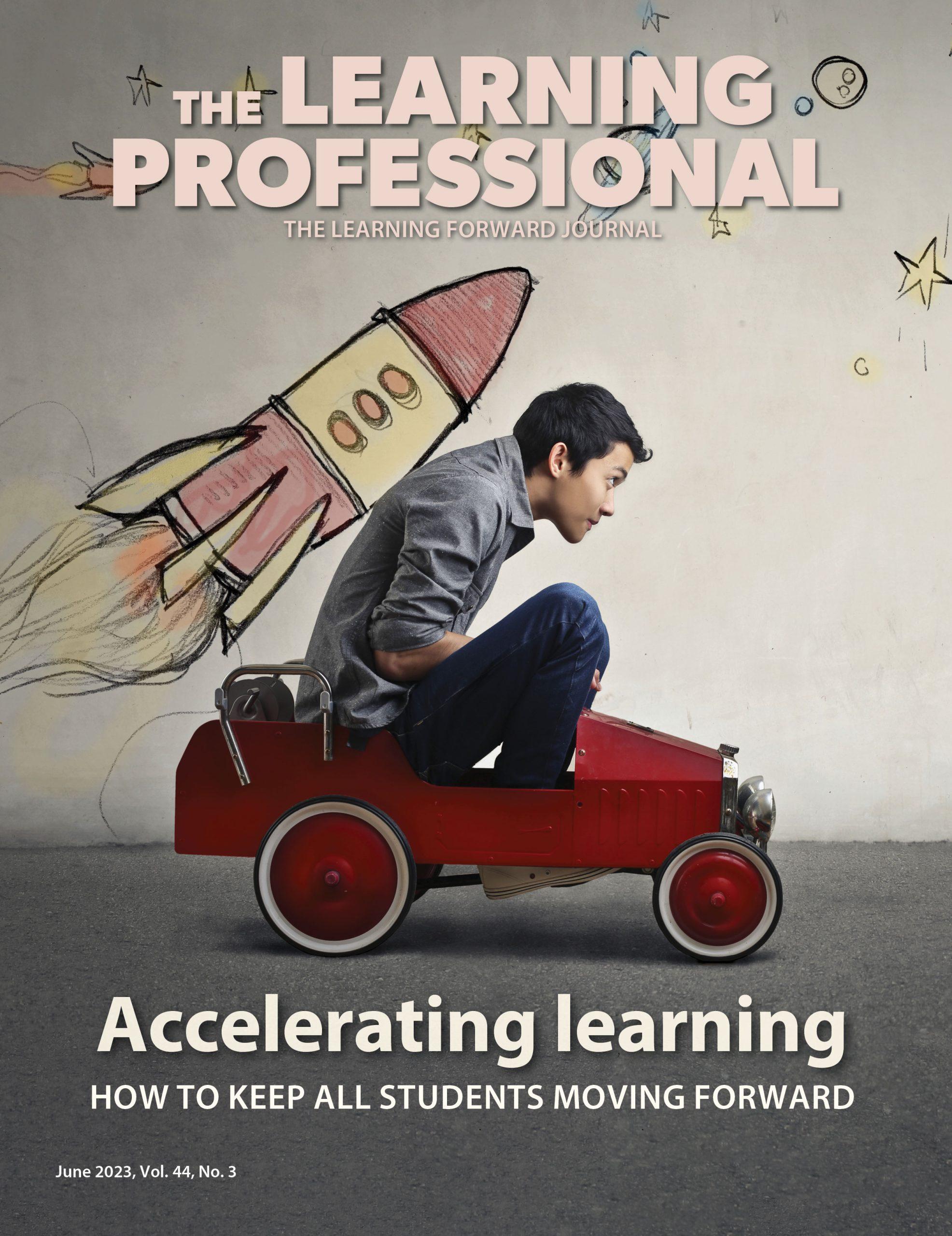Coaching
The key to translating research into practice lies in continuous, job-embedded learning with ongoing support
By Jim Knight
January 2009
Read the remaining content with membership access. Join or log in below to continue.
Sed ut perspiciatis unde omnis iste natus error sit voluptatem accusantium doloremque laudantium, totam rem aperiam, eaque ipsa quae ab illo inventore veritatis et quasi architecto beatae vitae dicta sunt explicabo. Nemo enim ipsam voluptatem quia voluptas sit aspernatur aut odit aut fugit, sed quia consequuntur magni dolores eos qui ratione voluptatem sequi nesciunt. Neque porro quisquam est, qui dolorem ipsum quia dolor sit amet, consectetur, adipisci velit, sed quia non numquam eius modi tempora incidunt ut labore et dolore magnam aliquam quaerat voluptatem.
References
Bloom, G., Castagna, C., Moir, E., & Warren, B. (2005). Blended coaching: Skills and strategies to support principal development. Thousand Oaks, CA: Corwin Press.
Bush, R.N. (1984). Effective staff development. In Making our schools more effective: Proceedings of three state conferences. San Francisco: Far West Laboratory.
Cornett, J. & Knight, J. (2008). Research on coaching. In J. Knight (Ed.), Coaching: Approaches and perspectives (pp.192-216). Thousand Oaks, CA: Corwin Press.
Costa, A. & Garmston, R. (2002). Cognitive coaching: A foundation for renaissance schools. Norwood, MA: Christopher-Gordon.
Edwards, J.L. (2008). Cognitive coaching: A synthesis of the research. Highlands Ranch, CO: Center for Cognitive Coaching.
Knight, J. (2007). Instructional coaching: A partnership approach to improving instruction. Thousand Oaks, CA: Corwin Press.
Knight, J. & Cornett, J. (2008). Studying the impact of instructional coaching on teacher practice. Article in preparation.
Lenz, B.K., Bulgren, J., Schumaker, J., Deshler, D.D., & Boudah, D. (1994). The unit organizer routine. Lawrence, KS: Edge Enterprises.
Moran, M.C. (2007). Differentiated literacy coaching: Scaffolding for student and teacher success. Alexandria, VA: ASCD.
Showers, B. (1984). Peer coaching: A strategy for facilitating transfer of training. Eugene, OR: Center for Educational Policy and Management.
Sprick, R., Knight, J., Reinke, W., & McKale T. (2006). Coaching classroom management: Strategies and tools for administrators and coaches. Eugene, OR: Pacific Northwest Publishing.
Toll, C.A. (2005). The literacy coach’s survival guide: Essential questions and practical answers. Newark, DE: International Reading Association.
West, L. & Staub, F.C. (2003). Content-focused coaching: Transforming mathematics lessons. Portsmouth, NH: Heinemann.
Recent Issues
TAKING THE NEXT STEP
December 2023
Professional learning can open up new roles and challenges and help...
REACHING ALL LEARNERS
October 2023
Both special education and general education teachers need support to help...
THE TIME DILEMMA
August 2023
Prioritizing professional learning time is an investment in educators and...
ACCELERATING LEARNING
June 2023
Acceleration aims to ensure all students overcome learning gaps to do...









